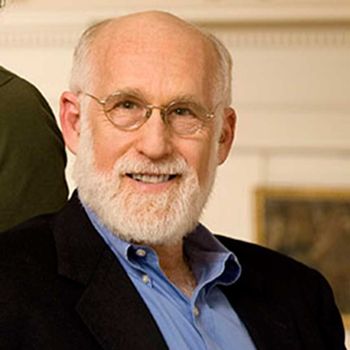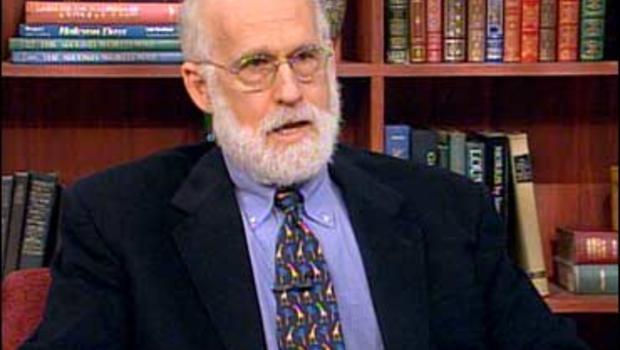

It’s the way we live and make sense of our lives, either stories we create or those we adopt from whatever source we have at our command. The longer I live, the more the truth of stories becomes more and more real to me. We all organize our lives into stories, but the need of many medical systems to reduce the stories to mere facts deprives physicians of a valuable source of insight into what could be troubling the patient.

How patients tell their stories, Groopman shows, is crucial. And the last big lesson in this book is the value placed on how the patients present themselves and their problems.

It’s a subject Groopman explores with real emotion. This point is also mixed with an allied one: the role of emotions in medical work. Amid all the technologies, procedures, and processes doctors work with nowadays, that’s almost revolutionary. What they should do most of all, he advocates, is listen to patients. He focuses on what physicians actually do, and what they should do, when working with patients. This word, participate, is at the heart of what the good doctor is getting at. This book is a collection of short pieces, all of interest, based on real cases in which Dr. He does think about what he is doing, what his colleagues are doing and thinking, and what it all means. Groopman is a thinker, a reflective actor.

Do doctors think, given the crazy economic pressures they operate under these days? Do other professions think? Consultants? Managers? Does anyone really think anymore - or do we all just react? Written with both physician and patient in mind, How Doctors Think is not meant to read as a chronicle of physician missteps but rather as a.The very title of Jerome Groopman’s new book, How Doctors Think, gave me pause. Using a combination of poignant anecdotes and personal experience, Groopman eloquently targets the most relevant outcome of an interaction of a patient with a physician, accurate diagnosis, and elucidates methodological fallibility. Royo (Jefferson Medical College, Philadelphia, Pennsylvania, Book ReviewHow Doctors Think (New York: Houghton Mifflin Company 2007), by Jerome Groopman, MD SAGE Publications, Inc.200810.1177/1062860607313988 Marc B.Royo Jefferson Medical College, Philadelphia, Pennsylvania, How Doctors Think (New York: Houghton Mifflin Company 2007), by Jerome Groopman, MD In his work, How Doctors Think, Dr Jerome Groopman presents a unique examination of the cognitive process that directs the modern physician through clinical interaction and aspires to demystify the physician-patient relationship.


 0 kommentar(er)
0 kommentar(er)
